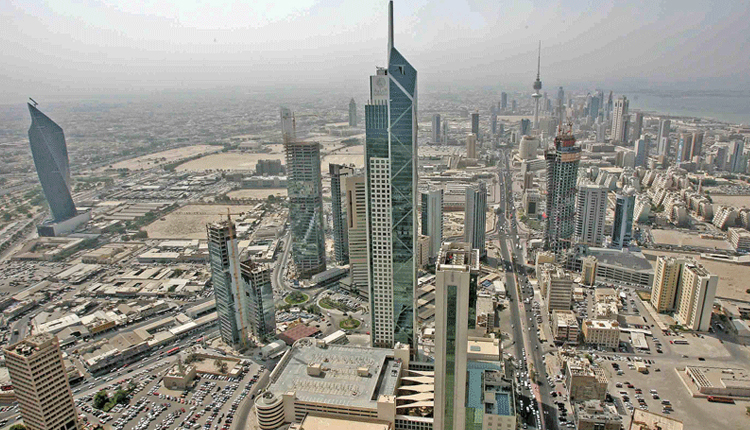Kuwait formed a new government on Tuesday that replaced the son of the emir as defense minister and named an interior minister from outside the ruling family, a month after the former cabinet quit due to a row between members of the family and parliament
The oil minister of the OPEC producer retained his post while new foreign and finance ministers were named, the state news agency KUNA said.
Kuwait, an ally of the United States, has the most open political system in the Gulf Arab region, with a parliament wielding power to pass legislation and question ministers, although senior posts are occupied by ruling family members.
Before the government stepped down last month, lawmakers sought a vote of no confidence in the interior minister as a feud emerged between senior members of the ruling family, including the interior and defense ministers, over alleged mishandling of military funds.
Kuwait, an ally of the United States, has the most open political system in the Gulf Arab region, with a parliament wielding power to pass legislation and question ministers, although senior posts are occupied by ruling family members.
Before the government stepped down last month, lawmakers sought a vote of no confidence in the interior minister as a feud emerged between senior members of the ruling family, including the interior and defense ministers, over alleged mishandling of military funds.
Emir Sheikh Sabah al-Ahmad al-Sabah last month tapped then foreign minister Sheikh Sabah al-Khalid al-Sabah to take over as premier and form a cabinet. The prime minister traditionally helps navigate often tense relationships between parliament and government. The emir has final say in state matters.
The key post of oil minister remained occupied by Khaled al-Fadhel, but Ahmad Mansour al-Ahmad al-Sabah was appointed defense minister, Anas Khaled Nasser al-Saleh became interior minister, and Ahmad Nasser al-Mohammad al-Sabah became foreign affairs minister.
Mariam Aqeel al-Aqeel had previously been acting minister of finance and was confirmed to that position.
Friction between the cabinet and parliament in Kuwait has led to frequent reshuffles or the dissolution of parliament.
Power struggles between senior ruling family members have often played out in parliament. Cabinet resignations happen frequently when elected lawmakers are set to question or submit a no-confidence vote against senior government officials
Source: Reuters


